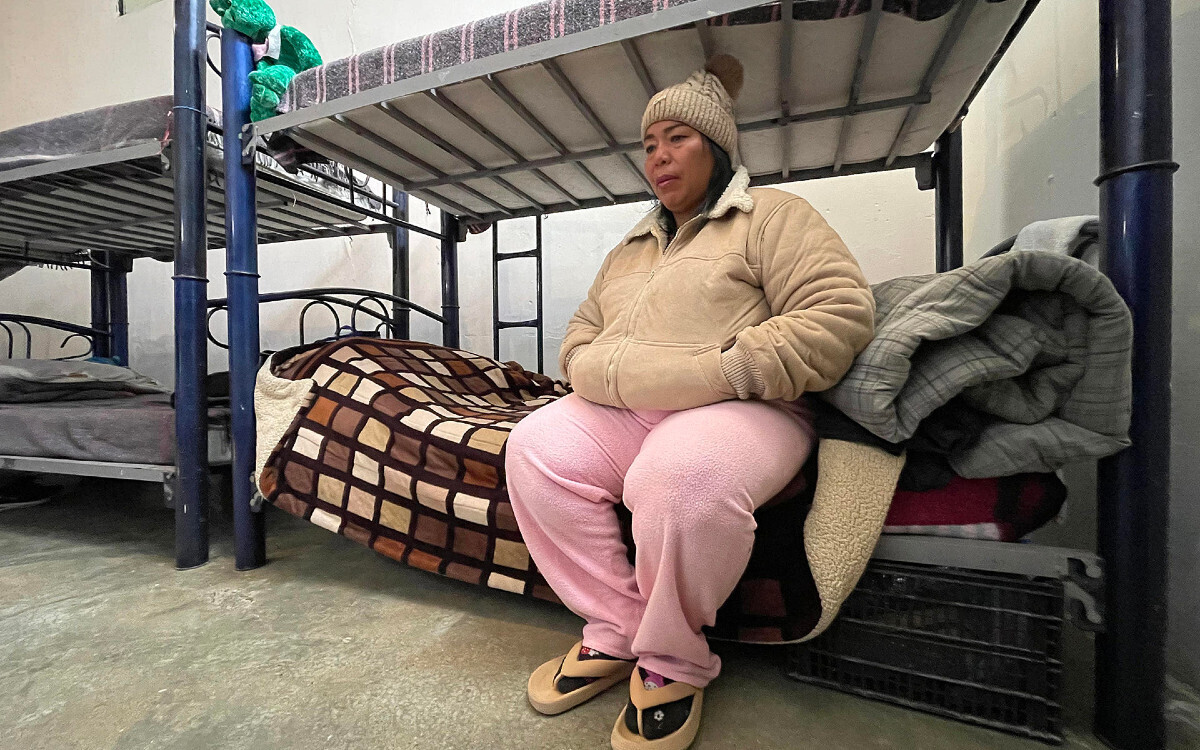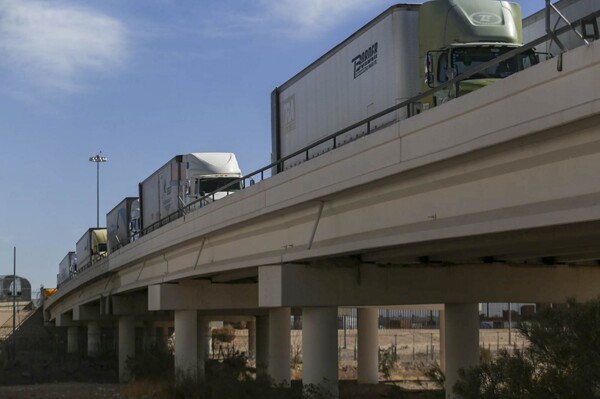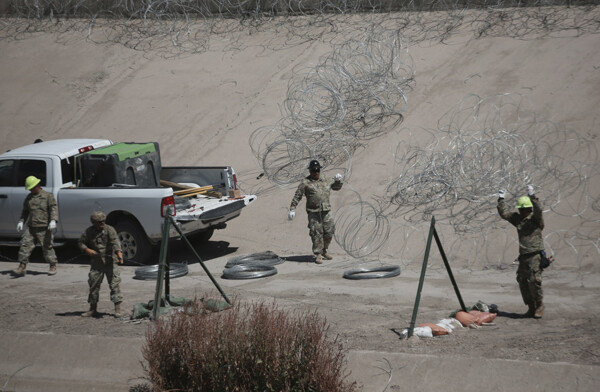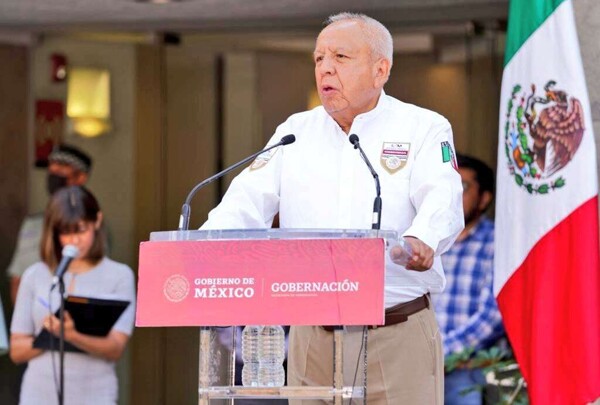
The decision of the United States to cancel appointments through the CBP One program has generated uncertainty among migrant individuals stranded at the northern border of Mexico, a region facing profound logistical and humanitarian challenges, without clarity on new migratory alternatives.
As the border city of Ciudad Juárez in the state of Chihuahua becomes a symbol of the tension and suffering faced by those seeking a better future in the U.S., organizations like El Buen Samaritano face new challenges in assisting those who have been left in migratory limbo.
Pastor Juan Fierro García, director of the El Buen Samaritano shelter, explained to EFE the reactions and concerns that this measure has raised.
“For some people who were with us and had already been waiting with the CBP One application, it was frustrating to learn that it had been canceled, and so came discouragement, sadness, maybe anger; some people were left in shock by this information,” he commented.
The shelter, with a capacity for 180 people, currently serves 21 migrants; however, Fierro anticipates an increase in the arrival of rejected or deported individuals.
“We know that the federal government, along with other governments, has a strategy to attend to tents to receive compatriots and also, in some way, trucks for those who want to return to their place of origin or to some other part of Mexico, to provide them with that transport,” Fierro said.
Margelis Tinoco, one of those affected by the cancellation of the appointments, traveled from her native Colombia and crossed the dangerous Darién Gap with her son, hoping to reach the United States.
With a lump in her throat, she recounted that it was devastating to find out through a message on her phone that her appointment had been canceled.
“I collapsed from the sadness of what was happening, that I could no longer enter the United States, and with a son who was asking me, ‘Mom, what are we going to do now?’ and I had no answer,” she added.
Tinoco, who lost a child in Colombia and fears for the safety of her relatives in violent areas like Catatumbo, emphasized the lack of alternatives for those seeking a better life and urged U.S. President Donald Trump to consider the migrant community.
“We are not what people think; I am not alone; behind me are thousands and thousands of immigrants who need an opportunity,” she expressed desperately.
Pastor Fierro warned that the cancellation of the appointment program for migrants could trigger various reactions, from those who might choose to return to their places of origin to those who might try to settle in Mexico.
“We need to give them time to understand their situation and make decisions. We know they will probably arrive frustrated, angry, and may want to return to the United States,” Fierro predicted.
With limited food and resource capacity, Pastor Fierro stressed the importance of collaboration among governments, institutions, and civil society to face this crisis.
“If this were to rise to another number (of rejected or deported individuals), we would need to have talks or support from some organization or authority to reach the maximum capacity we could have here,” he warned.
For her part, Tinoco and other migrants continue to wait for a change in immigration policies that would allow them to seek a better life, while the dream of crossing the border seems further away than ever.
“I thought, ‘I’m going to get in, we’re going to start working, we’re going to stabilize,’ and before I knew it, everything fell apart; my appointment closed on me like a door closing,” concluded the Colombian.














